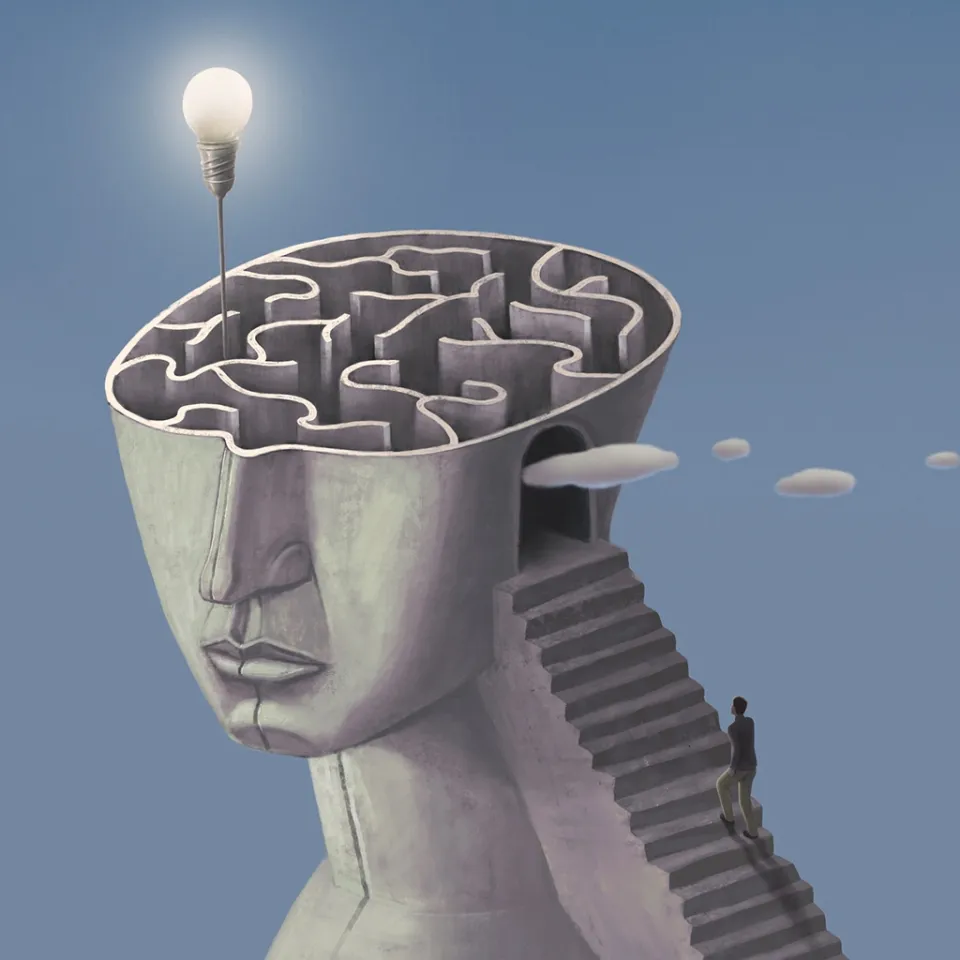Since the birth of humanity, we’ve been questioning our place in the world and the way we should live our lives. It is within human nature to be curious, form communities, and tell stories. Humans are also inclined to think beyond themselves and about how we can better our societies. This has led to the formation of philosophies, which have played an integral role in society today.
Philosophy is not a single, linear tradition but rather a global phenomenon as universal as religion among humans. The practice of questioning the world predates written records. But distinct philosophical traditions began emerging around the 6th century BCE, and can be found in many well-known ancient civilizations. Thinkers in places such as Greece, China, and India independently began to move away from mythological explanations, developing rational as well as ethical systems of thought. This period, referred to as the Axial Age, lays the groundwork for how we think and solve problems today.
Western philosophy originated in ancient Greece with the pre-Socratics, such as Thales and Pythagoras, early thinkers who thought about the fundamental nature of the cosmos, using observation and reasoning to explain natural phenomena. The golden age of Greek philosophy emerged around the 5th century BCE with thinkers such as Socrates, Plato, and Aristotle, shifting the focus onto human life and virtue.
Early Greek emphasis on rational inquiry and evidence-based arguments would lay the basis for what would become the modern scientific method. Philosophers such as Plato and Aristotle explored fundamental questions of justice, morality, and benevolent governance, which continue to shape Western political thought. Greek philosophy differs from Western thought through its foundational emphasis on holistic understanding and holistic ethics, while modern Western thought has become more specialized, with more focus on individualistic rights and material pursuits. Ancient Greek philosophy prioritized reason, virtue, and collective flourishing within a community, while modern Western thought evolved to emphasize individualism, principles and rules, and fairness and equality.
Another form of philosophy, Buddhism, originated in ancient India in the 5th century BCE and was founded by Siddhartha Gautama, more commonly known as the Buddha. After reaching enlightenment, the Buddha’s philosophy spread across Asia and continued to influence various cultures and belief systems. It provides a framework for understanding and ultimately transcending suffering (dhukka). The Four Noble Truths central to Buddhism state that that life is characterized by suffering, suffering is caused by desire and earthly pleasures, that suffering can end, and that by giving up earthly pleasures one can give up suffering. Buddhism embraces the Indian concepts of karma (what goes around comes around) and reincarnation. One’s actions determined their future existence until one achieved nirvana (enlightenment). Buddhism challenged the rigid Indian caste system, offering a path to enlightenment for anyone, regardless of background. As it spread across Asia through trade routes, Buddhism blended with local traditions and beliefs, having a profound impact on the art, literature, culture, and regions of South and East Asia. Buddhism’s emphasis on meditation, mindfulness, and compassion has influenced modern psychology and mindfulness practices.
Confucianism is a philosophical and ethical system based on the ideas of Confucius (551–479 CE) during China’s Warring States period. Confucius’s philosophy centered around social morality, proper conduct, and good governance, strongly emphasizing balance in social roles. In Confucianism, the five constants are essential to harmony in society: Ren (benevolence), Yi (righteousness), Li (propriety), Zhi (wisdom), and Xin (faithfulness). Respect and devotion to one’s parents are the cornerstone of Confucian ethics, reinforcing a hierarchical family structure that served as a model for what the structure of a state should look like. Confucianism also revolves around ethical leadership: a just leader should lead by moral example, cultivating virtue to guide and inspire the populace.
Daoism is another Chinese philosophy and religion that rose around the same time as Confucianism. In contrast to Confucianism, Daoism did not emphasize worldly affairs but rather harmony with nature and wu wei (spontaneous, effortless action) rather than social order and moral cultivation, seeing human social institutions like family and community as essential for human flourishing. Daoism seeks inner peace and a simple, natural life by harmonizing with the universe.
These are only a few examples of some of the philosophical ideas that continue to shape society today. Throughout history, these philosophies have changed extensively over time and influenced each other in profound ways. Philosophy has formed the foundational impact for science, politics, ethics, and the way we live. It developed the capacity to analyze concepts, organize ideas, and make structured arguments, and encouraged open-mindedness to various viewpoints that have allowed ideas to flow over time. One of the most important aspects of philosophy is that it anticipates major societal challenges and helps us to analyze and address them, allowing us to understand fundamental truths about human nature, consciousness, and identity, which informs how we live together and interact as a community.


